-
Laws of physics are still broken: Attempt to explain away black holes’ central singularity falls short, scientist says
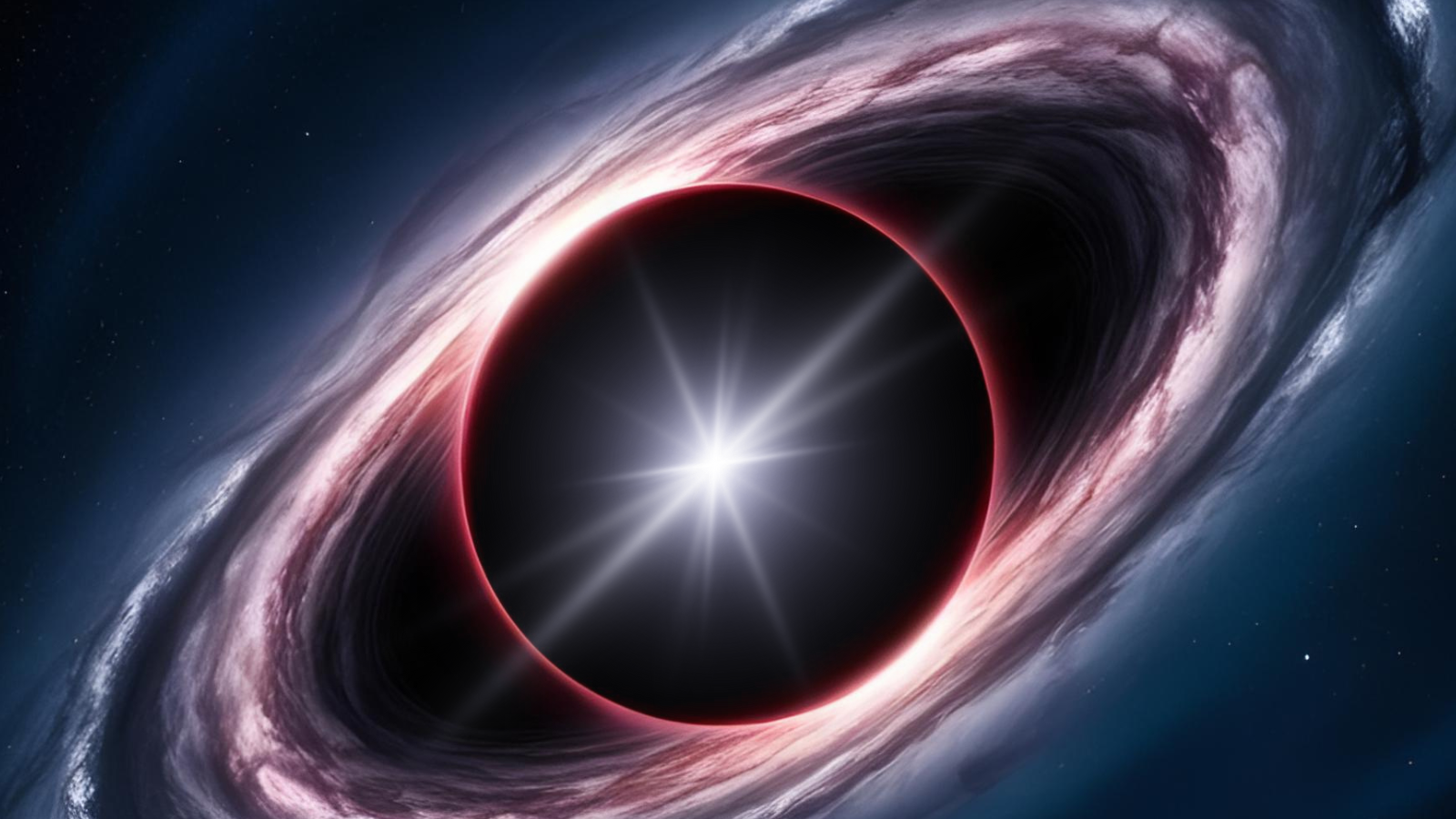
Reports of the singularity’s demise may have been premature. Earlier this year, new research suggested a potential solution to one of the most troubling aspects of modern physics — that “singularities” seem to exist at the hearts of black holes. The idea of the singularity has existed since black holes first emerged from the solutions…
-
‘Uranus is weird.’ Big moons of tilted ice giant hide a magnetic mystery, Hubble telescope reveals
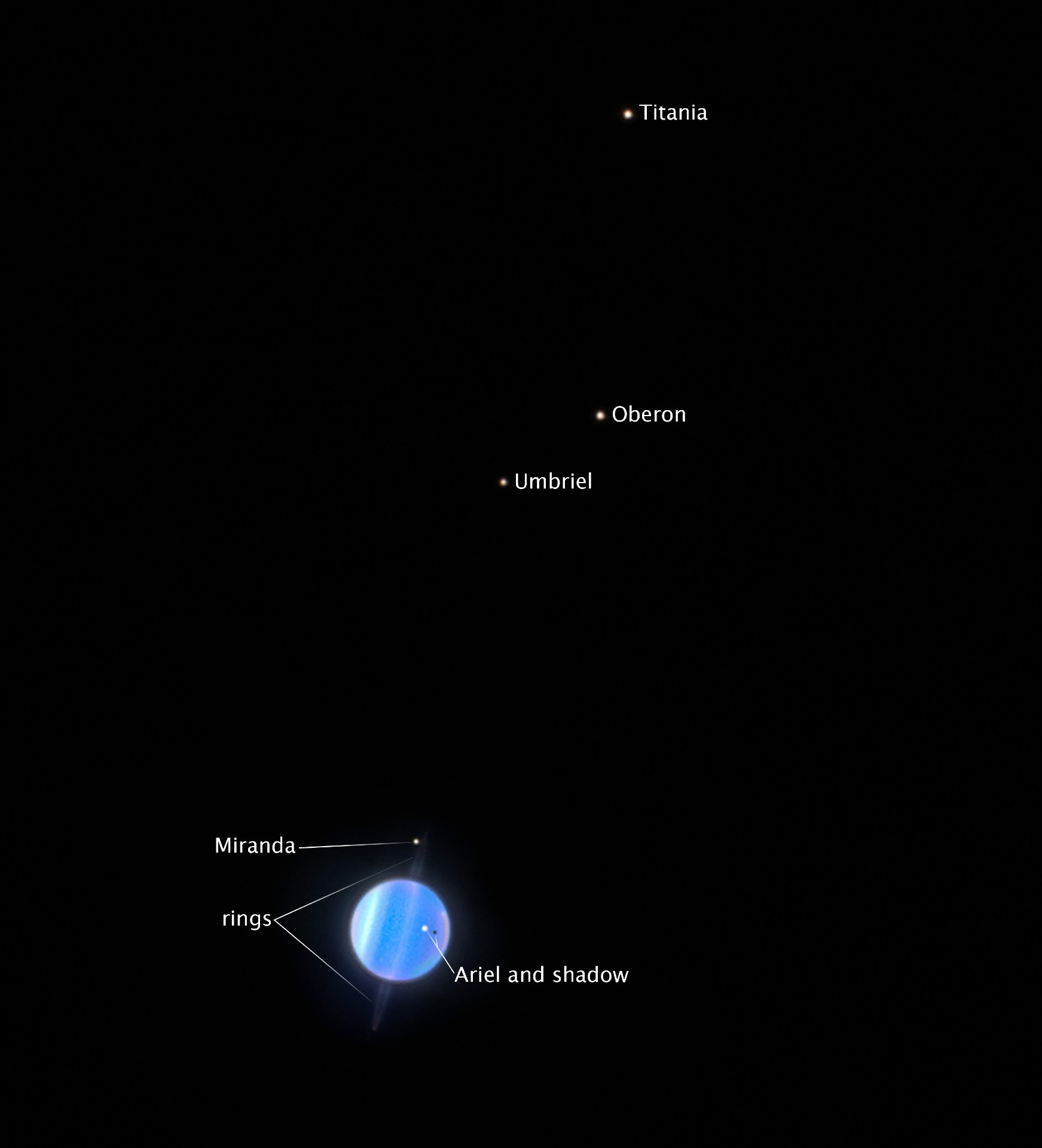
New data from the Hubble Space Telescope suggests that Uranus’ largest moons are gathering dust — literally. Uranus, the seventh planet from the sun and home to 28 known moons, is well known for its bizarre tilt. The planet spins almost completely on its side, an oddball orientation that twists its magnetic field into a…
-
James Webb Space Telescope sees 1st exoplanet raining sand alongside ‘sandcastle’ partner world
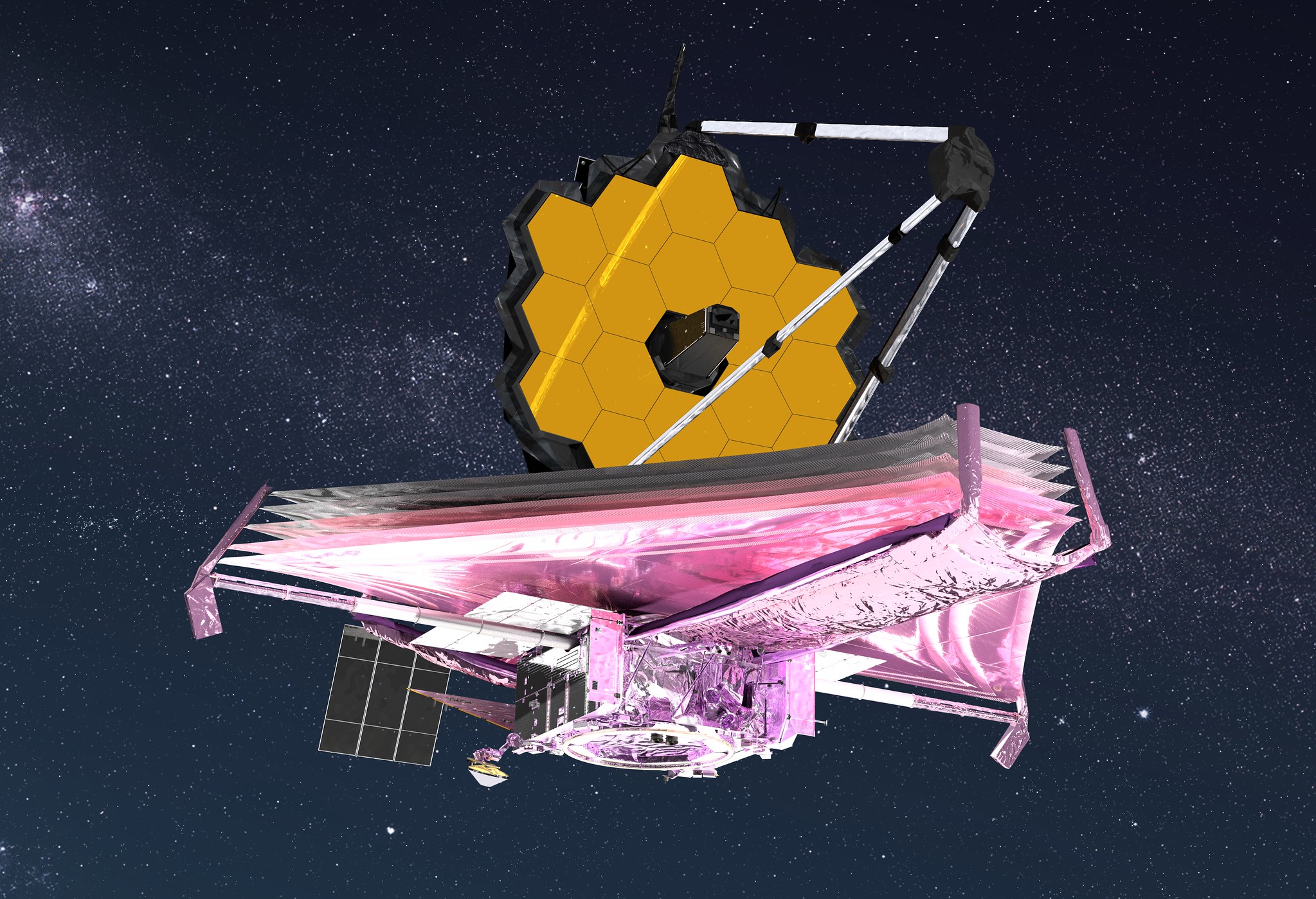
Noted sand-hater Anakin Skywalker may want to cross the planetary system of YSES-1 off his list of potential summer vacation locations. Using the James Webb Space Telescope (JWST), astronomers have discovered a planetary system orbiting a youthful star located 300 light-years away. The system’s two planets, YSES-1 b and YSES-1 c, are packed with coarse,…
-
Humanity takes its 1st look at the sun’s poles: ‘This is just the first step of Solar Orbiter’s stairway to heaven’ (images)
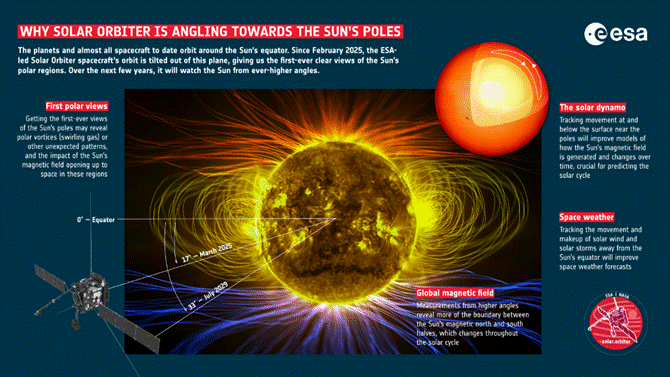
The European Space Agency’s Solar Orbiter has captured humanity’s first-ever images of the sun’s poles. If this doesn’t seem like a big deal, consider that every image you have ever seen of the sun was taken from around our star’s equator. That is because Earth, the other solar system planets, and all other modern spacecraft…
-
Cosmic rings reveal new planet being born | Space photo of the day for June 11, 2025
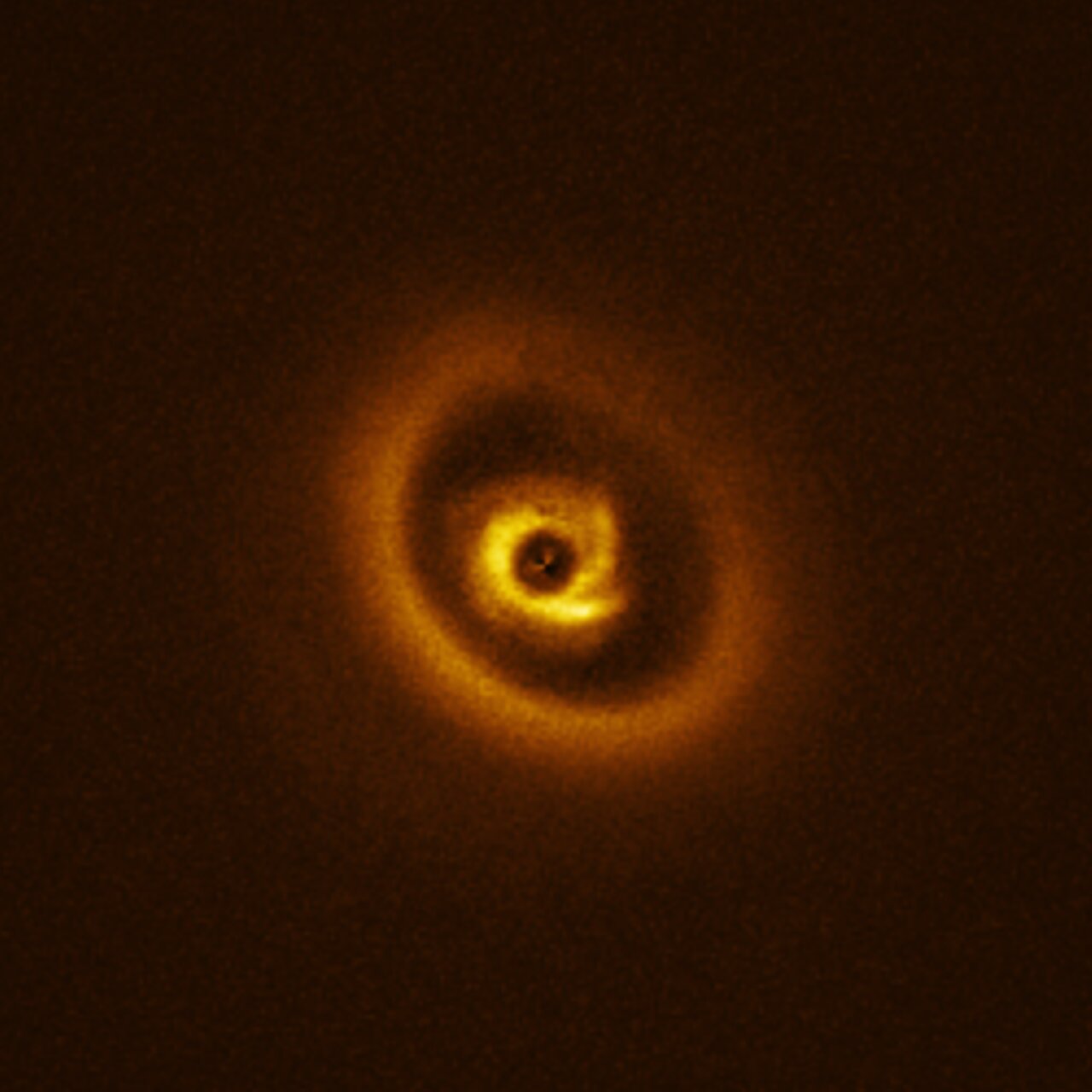
For centuries, astronomers have tried to study the process of planetary formation. Thanks to modern technology like the European Southern Observatory’s (ESO) Very Large Telescope (VLT), experts can now see this process with much finer detail. What is it? Taken on June 9, 2025, this photograph from the VLT shows star RIK 113 surrounded by…
-
The Korea Astronomy and Space Science Institute will develop a Korean-style space telescope. Park Ja..

Park Jang-hyun, director of the Korea Astronomy and Space Research Institute, held his first press conference since his inauguration, saying, “It should be a solid project and a foundation for the space industry.” 사진 확대 Park Jang-hyun, president of the Korea Astronomy and Space Science Institute, explains the major tasks of the Korea Astronomy and…
-
Astronomers see the 1st stars dispel darkness 13 billion years ago at ‘Cosmic Dawn’
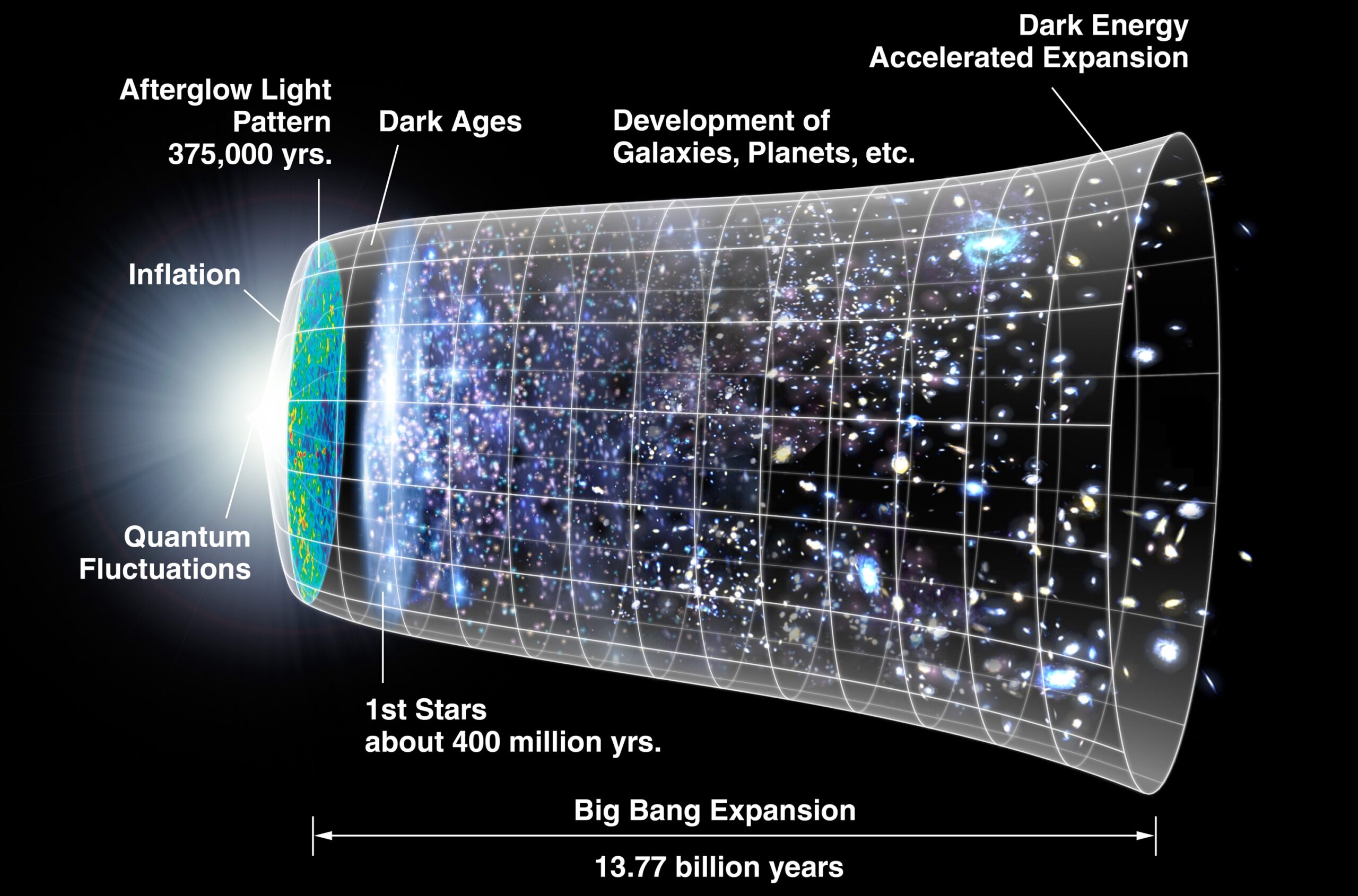
Astronomers have used ground-based telescopes for the first time to peer back 13 billion years in time to observe the universe when the first stars first lifted the cosmic darkness. This period, around 800 million years after the Big Bang, is known as “Cosmic Dawn,” and it remains one of the most mysterious and important…
-
Cosmic Chemistry Breakthrough: Largest Aromatic Molecule Found in Deep Space
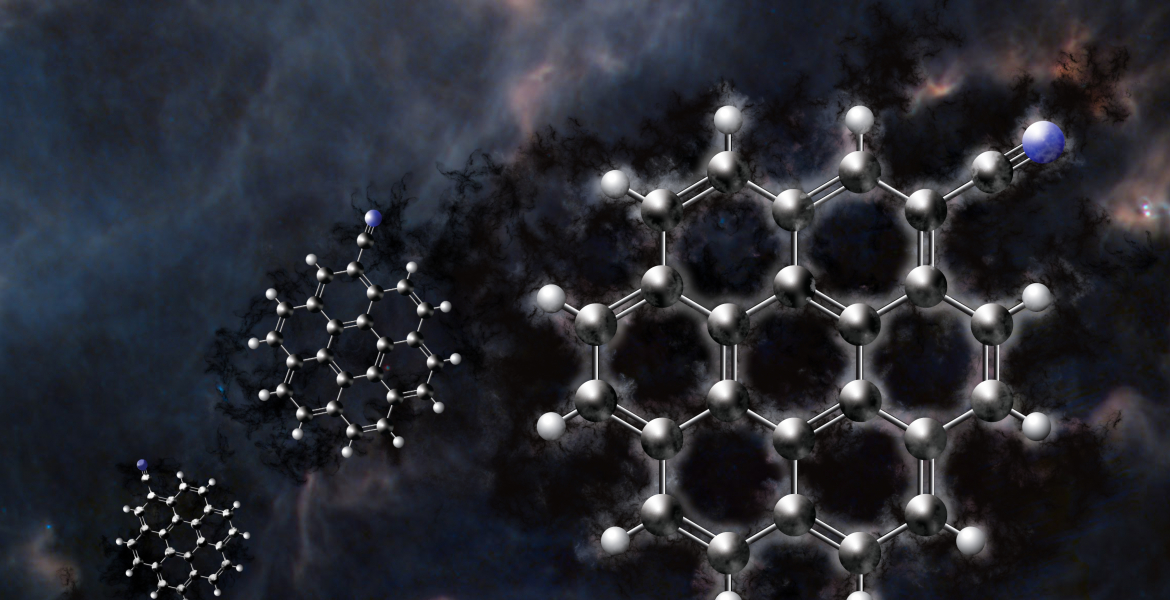
Newswise — A team of chemists and astronomers have made a groundbreaking discovery in the field of astrochemistry: the identification of cyanocoronene, the largest polycyclic aromatic hydrocarbon (PAH) ever detected in space. This molecule, composed of seven interconnected benzene rings and a cyano group (C₂₄H₁₁CN), was found in the cold, dark molecular cloud TMC-1, a…
-
Space: Record-breaking cosmic discovery challenges long-standing physics
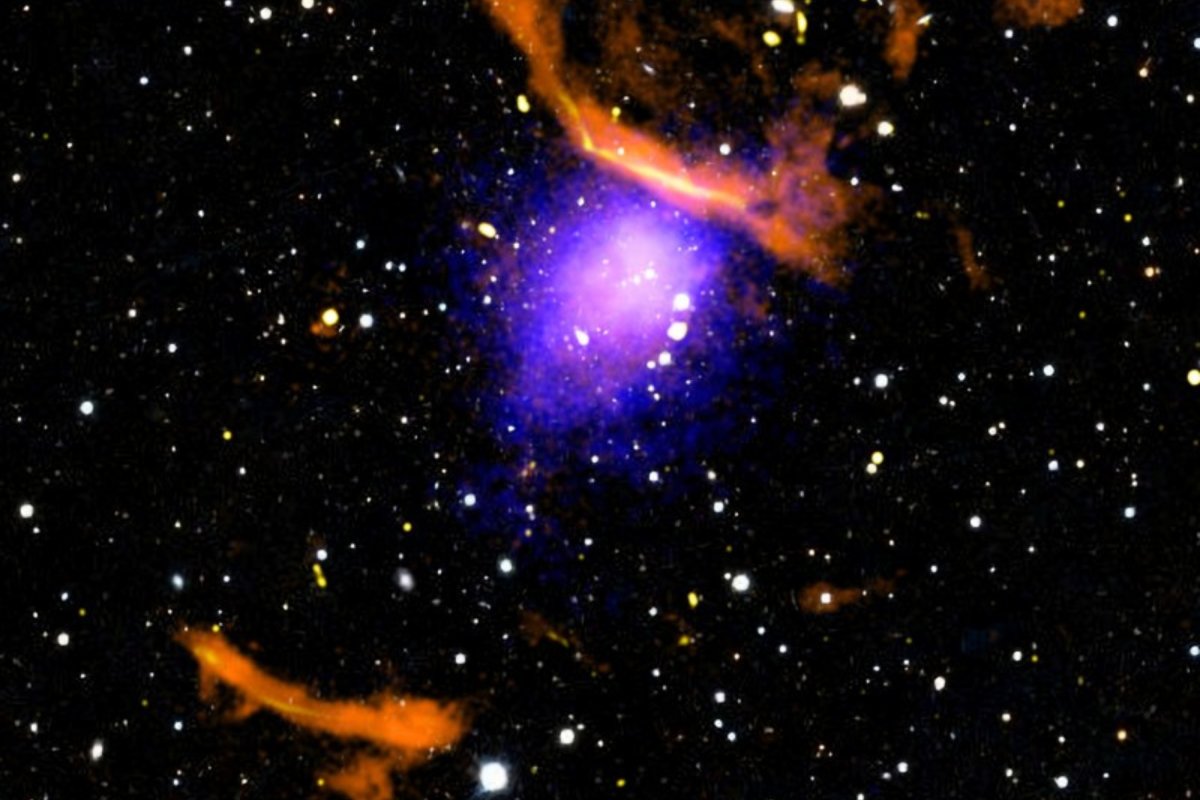
Astronomers have smashed the record for the largest-known cloud of energetic particles discovered surrounding a galactic cluster—and the find could shake up established physics. The cluster in question, which has the catchy name of “PLCK G287.0+32.9,” lies some 5 billion light-years from Earth. The cloud around it is nearly a whopping 20 million light-years across—about…
-
NASA raises the odds that an asteroid could hit the moon in 2032
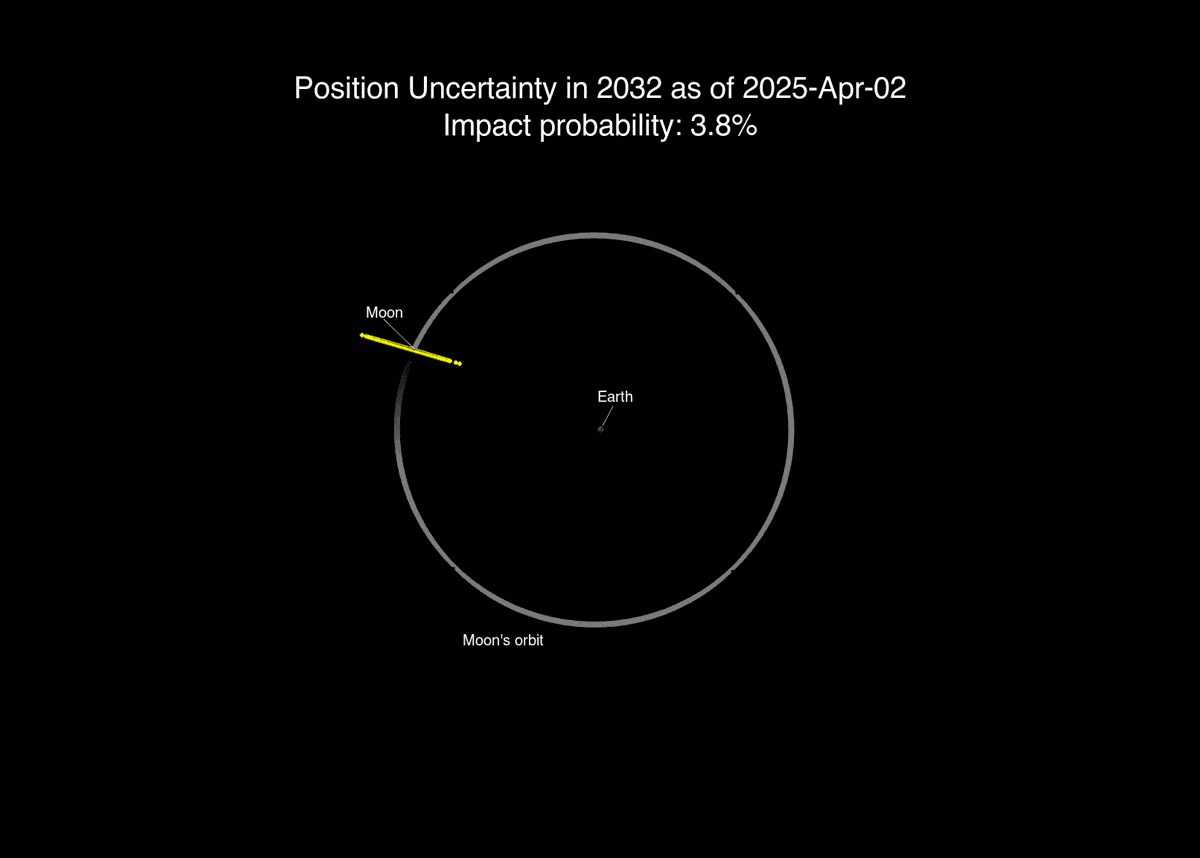
Asteroid 2024 YR4, once considered the highest impact risk to Earth ever recorded, is back in the spotlight — this time due to a slight increase in the chance that it could impact the moon in 2032. Although now too distant to observe from Earth, the asteroid briefly came into view in May for the…